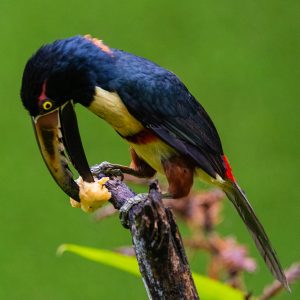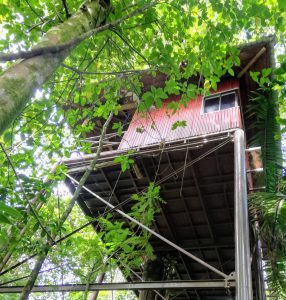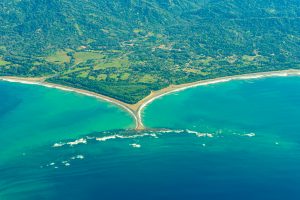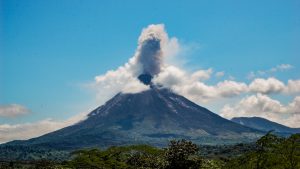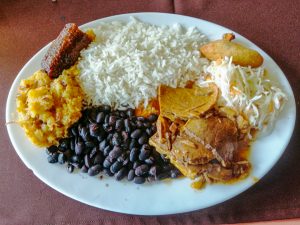Birdwatchers from around the world love to visit Costa Rica because of its large variety of species.
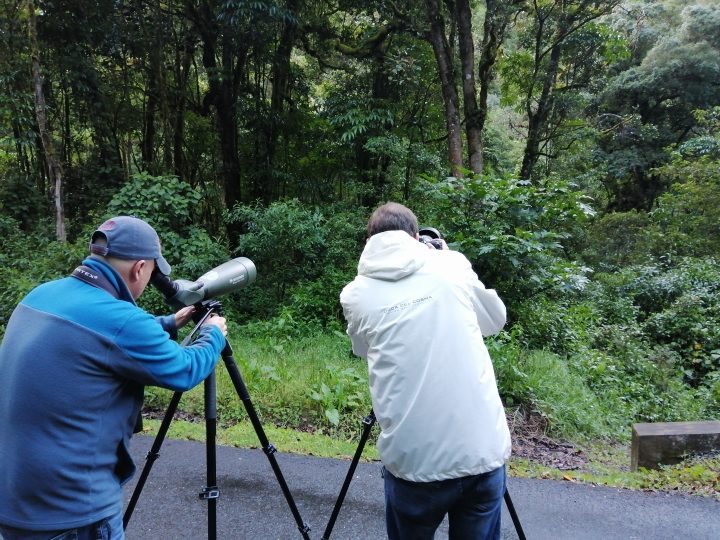
One of the great activities you can do in Costa Rica is birdwatching.
In this blog, we highlight a few locations and birds that can be found in Costa Rica, however, you will be able to see amazing birds all over the country. We also know very knowledgeable and experienced guides in Costa Rica who are local birdwatching experts and they would love to help you see as many as possible species.
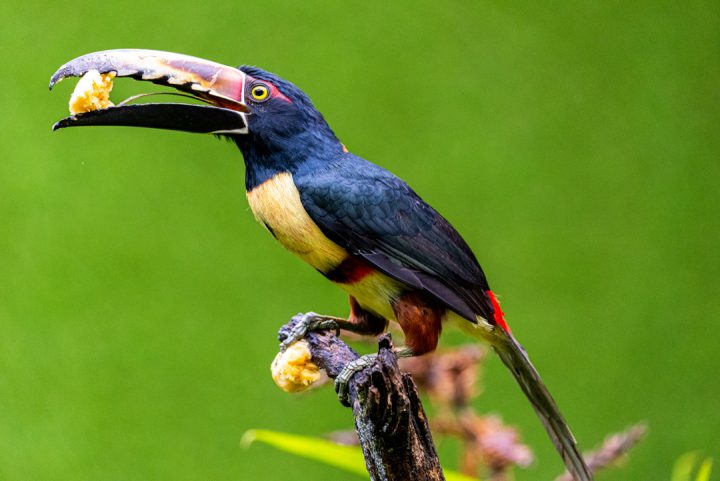
Birdwatching in Sarapiquí and Caribbean Plains
Sarapiquí area is a low land rain forest, located around the Braulio Carrillo National Park in the Caribbean slope.
Here you can find around 200-300 species of birds including the green macaw, 3 species of toucans, and many different species of tanagers and hummingbirds, to mention a few.
You can take one of the local guided tours to see many different species and be able at the same time to learn more about the nature in the area.
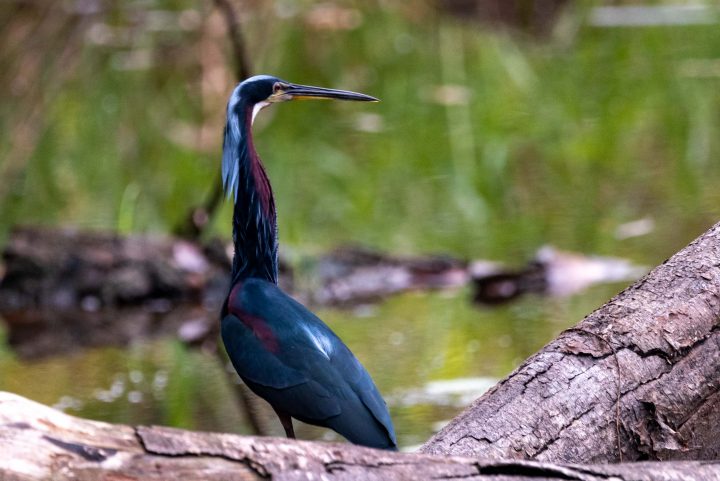
I managed to get some nice shots of the Collared Aracari Toucan, Red-legged Honeycreeper, and the Golden-hooded Tanager, among others, during our stay at La Quinta Sarapiqui Lodge.
There are other lodges where you can also have the opportunity to do birdwatching in their gardens and private reserves, such as Selva Verde Lodge and Tirimbina.
Another area worth checking is Boca Tapada, right next to the border with Nicaragua and great for birdwatching.
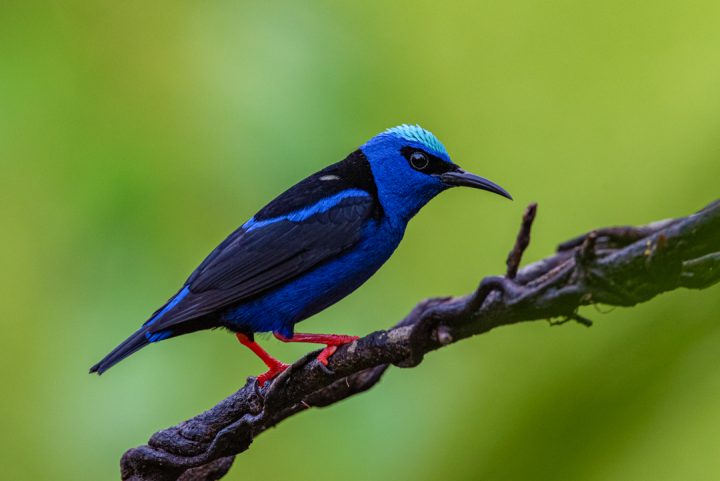
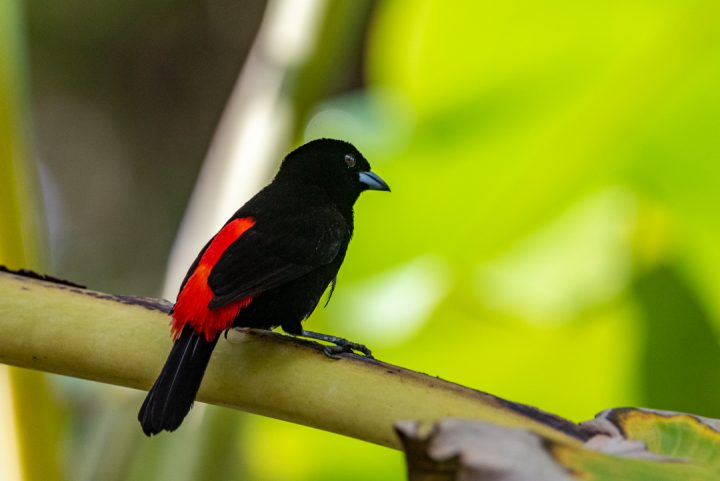
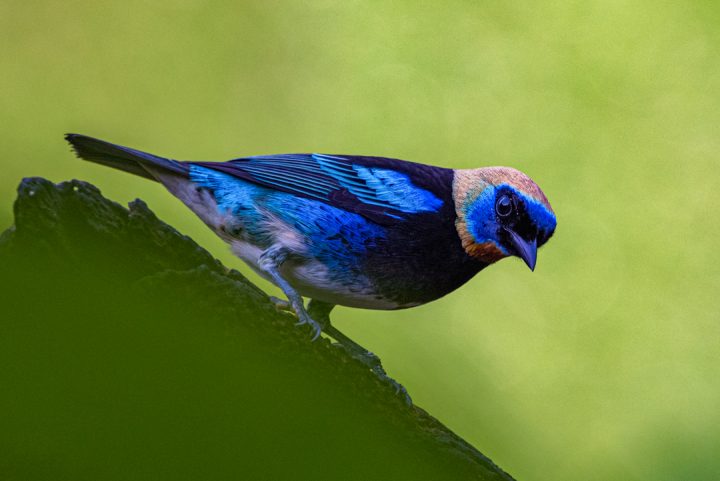
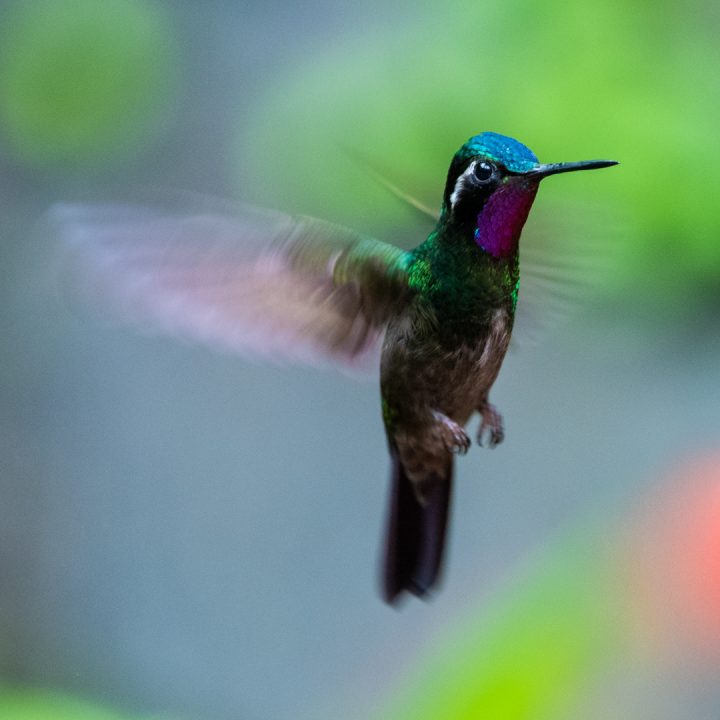
Birdwatching in Monteverde and Cloud Forests
Another great area for birdwatching is Monteverde. In this area, there are over 400 species of birds, including the endangered three-wattled bellbird and resplendent quetzal.
Monteverde is a unique experience and when you love birds it cannot be missed in your itinerary.
There are several reserves such as Santa Elena Preserve, the world-known Monteverde Cloud Forest Preserve, Curicancha, The Sanctuary, Selvatura Park, and many more, where you can hire a local guide who are quite knowledgeable and experienced in birdwatching.
I managed to get a Hummingbird shot at the Hummingbird garden of Selvatura Park, a park we highly recommend and can pre-book for you.
Another area with cloud forest birds is the region of Cerro de la Muerte, between Cartago city and Perez Zeledón on the south pacific, where you can also find the highest peaks of Costa Rica.
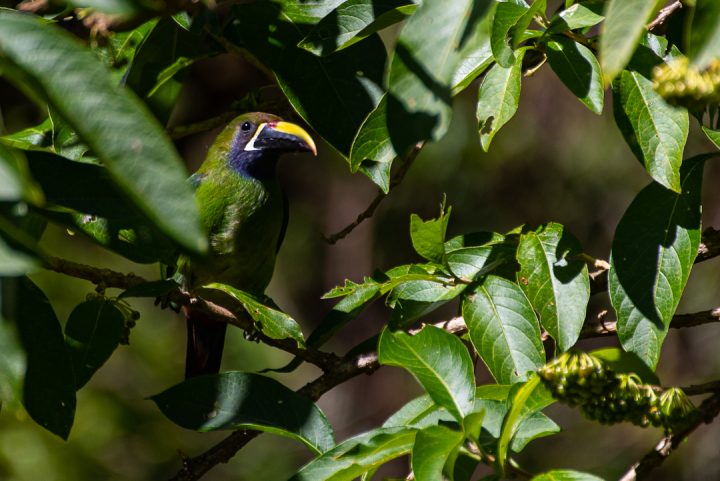
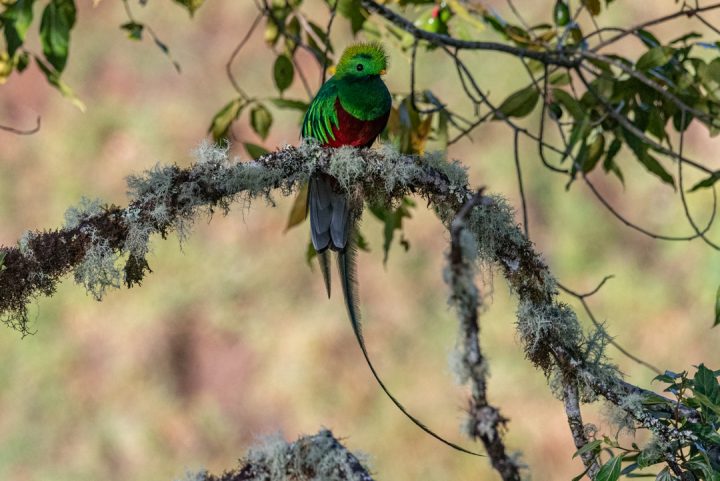
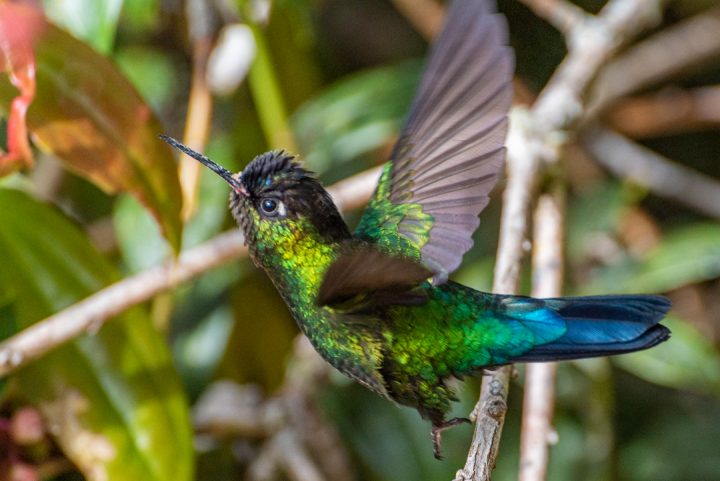
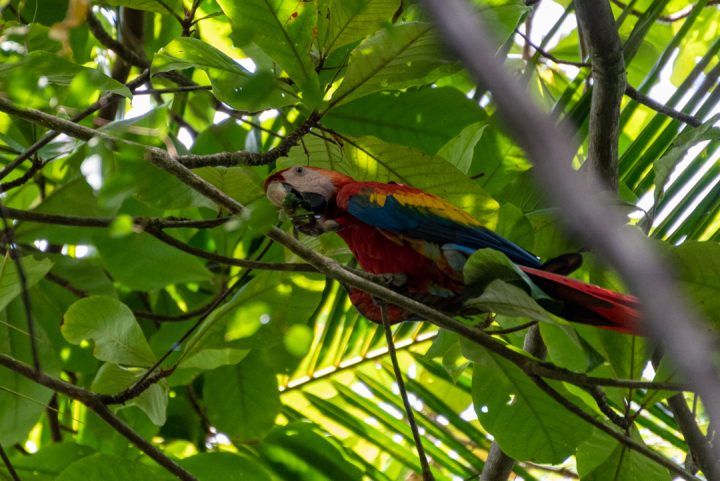
Birdwatching on the Pacific Coast
If you would like to combine birdwatching with some days at the beach, we would recommend visiting Hacienda Baru or La Cusinga Eco Lodge. These lodges are well known by birdwatchers.
Hacienda Baru is a bit more basic and at La Cusinga Eco Lodge you can enjoy more relaxing activities, like yoga and the spa.
You can also combine staying at any of these lodges with dolphin and whale tours, or Corcovado National Park day trips, to also enjoy offshore birdwatching.
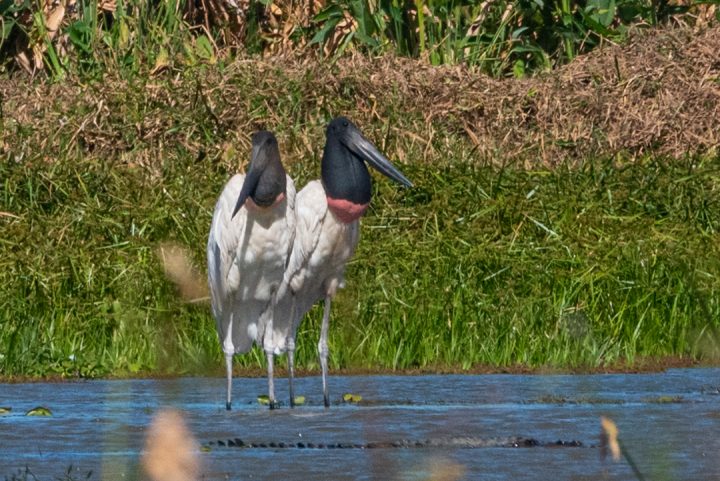
On the North Pacific, you have the option of staying in a relaxed beach hotel and go for one-day tours to RIncón de la Vieja National Park, Santa Rosa National Park among others to find the Dry Forest birds, as well as boat trips if looking for offshore birds.
You can combine your North Pacific visit with Palo Verde National Park and surrounding protected areas, that protect a vast extension of lagoons and dry forest where some of the rarest birds such as the Jabiru can be found.
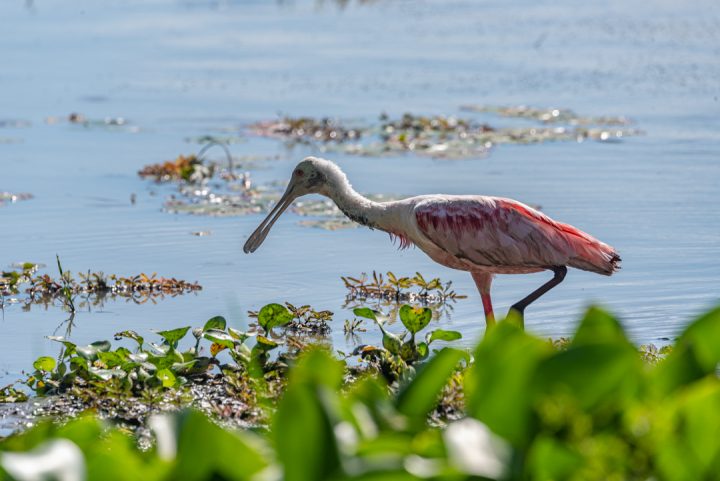
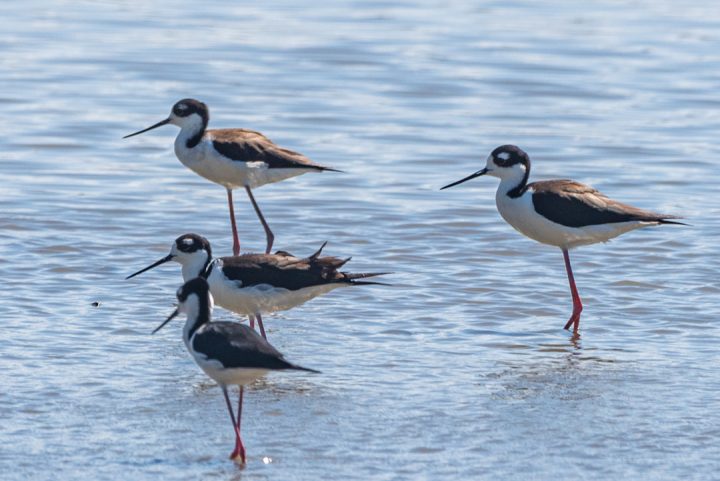
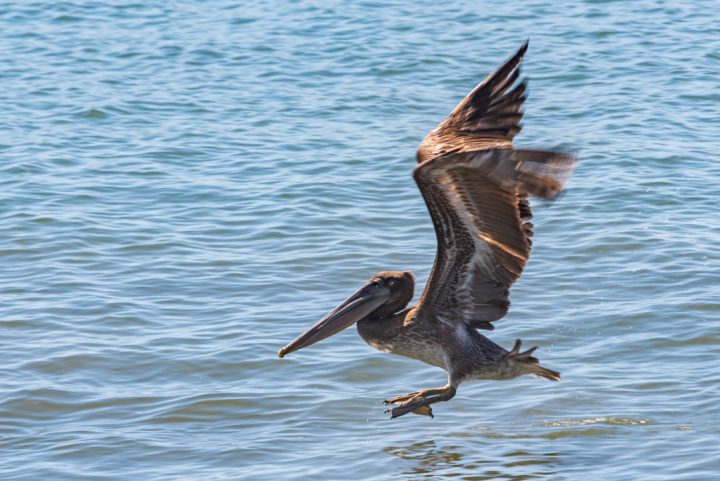
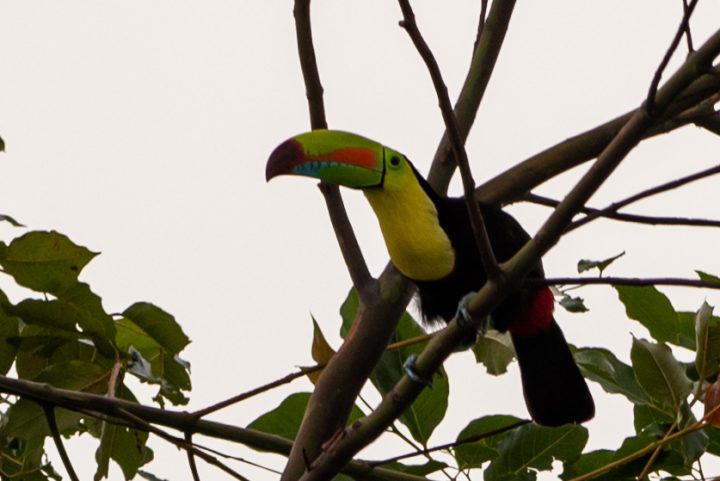
Birdwatching at the Caribbean side
Another great place to visit and see many birds is Tortuguero, right from the boat on the way to the hotel you might be able to spot many water-loving birds like the Snowy Egret, Anhingas, Roseate Spoonbill, Green Heron, and Tucans.
Also in the south, Cahuita National Park offers a great variety of species in its coastal tropical rain forest.
You can combine it with snorkeling and a guided walk in the National Park, where not only birds are common but also monkeys, snakes such as the eyelash pit-viper, and hermit crabs.
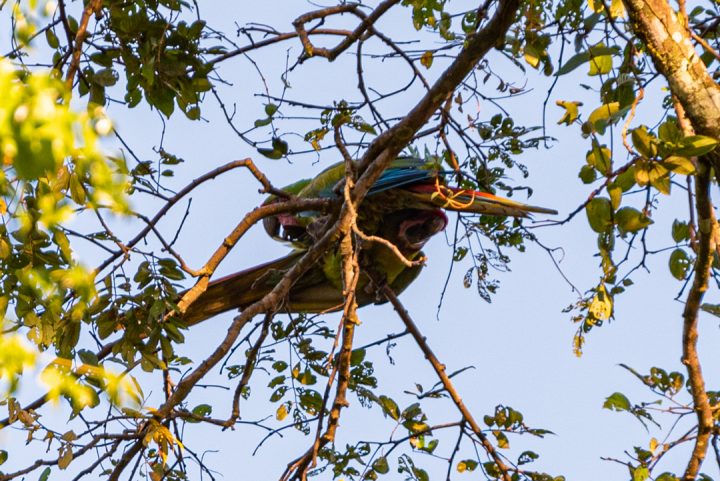
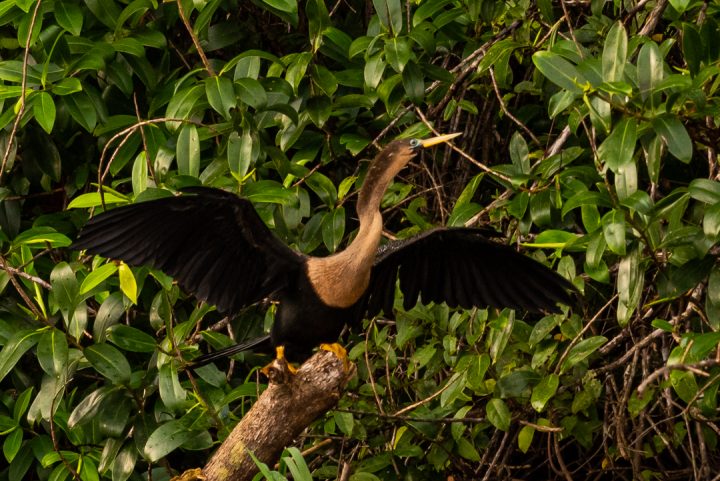
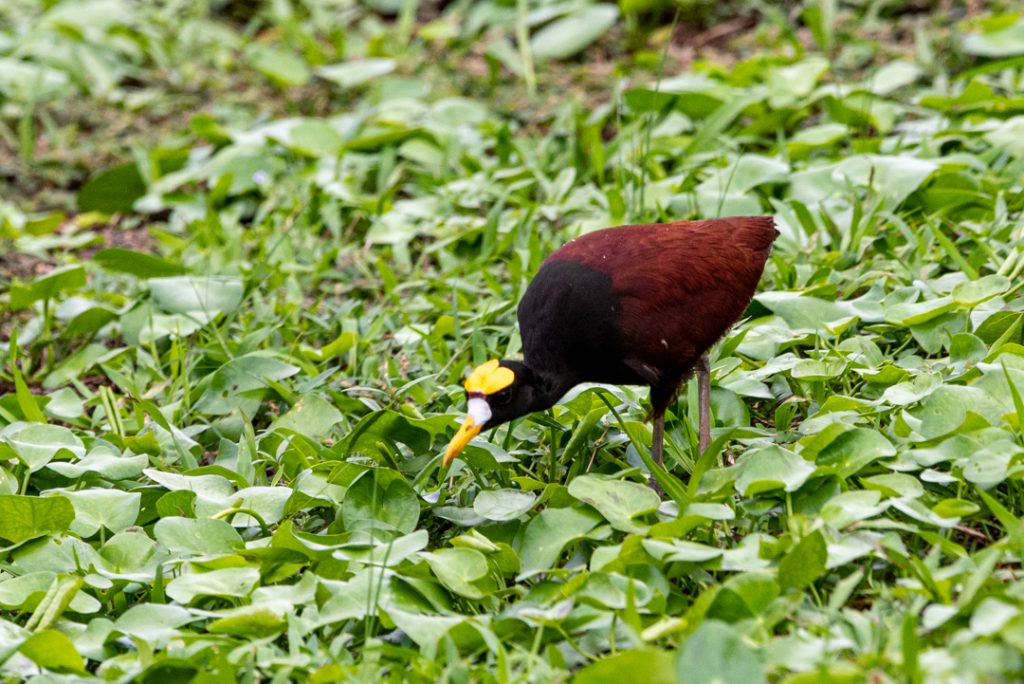
Birdwatching paradise
As mentioned Costa Rica is a real birdwatching paradise and we can create your journey in a way that you can see as many different species as possible, but don’t forget your camera and Binoculars.
We also use and recommend Merlin Bird ID app by Cornell Lab which you can find in Apple Store and Play Store for easier and more accurate identification.
The pictures published in this blog were taken by José Salazar using a Nikon D750 with a 70-300mm Tamron lens and a 150-600mm Sigma lens.

